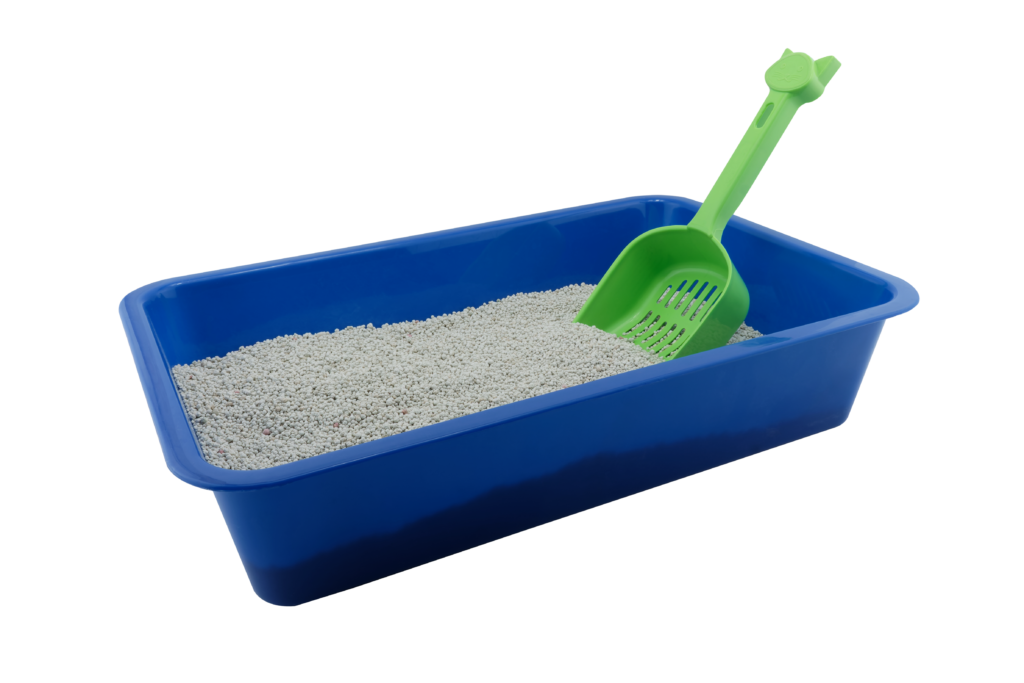CAT CARE
NUTRITION AND FEEDING
• Provide a balanced diet suited to your cat’s age,
breed, and lifestyle.
• Choose high-quality wet, dry, or raw food based on
their needs.
• Maintain a consistent feeding schedule and control
portions to prevent obesity.
• Offer safe treats in moderation and avoid toxic
human foods.
HEALTH AND WELLNESS
• Schedule regular vet checkups and stay up to date on
vaccinations.
• Use flea, tick, and worm prevention to protect against
parasites.
• Keep your cat active with toys and playtime for physical
and mental health.
• Brush their teeth regularly to prevent dental issues.
• Monitor for signs of illness, like appetite changes or
unusual behavior.
• Reduce stress with a safe, comfortable environment and
plenty of affection.

EXERCISE AND ENRICHMENT
• Engage your cat with interactive toys, puzzle feeders,
and climbing structures.
• Provide scratching posts to satisfy their natural
instincts and protect furniture.
• Schedule daily playtime to keep them active and
prevent obesity.
• Rotate toys regularly to keep their interest and
prevent boredom.
• Create hiding spots and perches to encourage
exploration and independence.
GROOMING AND HYGIENE
• Brush your cat regularly to reduce shedding and
prevent matting.
• Trim their nails every few weeks to prevent
overgrowth and scratching issues.
• Clean their ears gently and check for signs of
infection or wax buildup.
• Maintain proper litter box hygiene by scooping daily
and changing litter regularly.

LITTERBOX TRAINING AND MAINTENANCE
• Use unscented, clumping litter to encourage use and
make cleaning easier.
• Place the litter box in a quiet, low-traffic area for
privacy.
• Scoop waste daily and change the litter regularly to
prevent odors.
• Clean the litter box with mild, unscented soap to
avoid strong smells that deter use.
• Provide one litter box per cat, plus an extra, to
prevent territorial issues.
• If accidents happen, avoid punishment—identify and
address possible causes like stress or illness.

